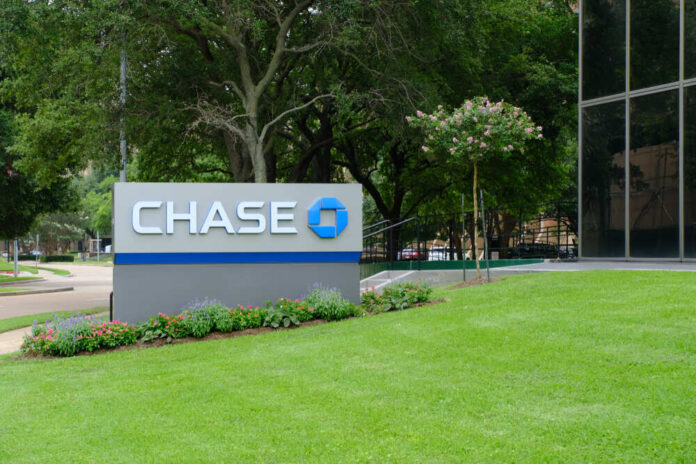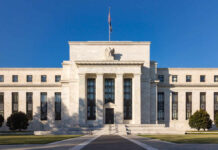
In his annual letter to shareholders, JPMorgan Chase CEO Jamie Dimon recently suggested that the federal government and large corporations may be required to seize private property from citizens in the U.S. to advance climate initiatives, which he claimed have not been enacted fast enough to avoid climate disasters.
Dimon’s letter states that to acquire “adequate investments fast enough for grid, solar, wind and pipeline initiatives,” businesses and governments might need to implement “eminent domain.”
“Eminent domain” allows the government to seize private property, use it for public use, then provide private owners compensation.
Dimon argued that governments might need to seize private properties to allow “climate-friendly” projects and grow the nation’s grid infrastructure, and expressed concern over the limited time to ease the climate crisis, noting that not enough resources are invested in climate projects, therefore, saying it might be time to consider using eminent domain to avoid climate disasters.
“At the same time, permitting reforms are desperately needed to allow investment to be done in any kind of timely way. We may even need to evoke eminent domain,” Dimon stated.
JP Morgan just asked the government to start seizing people’s private property to “quicken” forcing climate initiatives through.
Still think this oppressive dystopian 1984 New World Order they’re pushing for so hard is still just a “conspiracy theory?”🧐https://t.co/Z4NgTK0L1k
— Mindy Robinson 🇺🇸 (@iheartmindy) April 6, 2023
He justified the government’s seizure of private property, arguing that climate investments have not progressed fast enough.
“The window for action to avert the costliest impacts of global climate change is closing,” Dimon said. “The need to provide energy affordably and reliably for today, as well as make the necessary investments to decarbonize for tomorrow, underscores the inextricable links between economic growth, energy security and climate change.”
“We need to do more, and we need to do so immediately,” he continued.
He called on “governments, businesses and non-governmental organizations” to align on policies that advance climate solutions, saying that “Massive global investment in clean energy technologies must be done and must continue to grow year-over-year.”
Dimon claimed that the climate crisis is “one of the most complex challenges of our time,” and that shareholders must unite in seeking climate solutions.
“Polarization, paralysis and basic lack of analysis cannot keep us from addressing one of the most complex challenges of our time. Diverse stakeholders need to come together, seeking the best answers through engagement around our common interest,” he concluded.





























